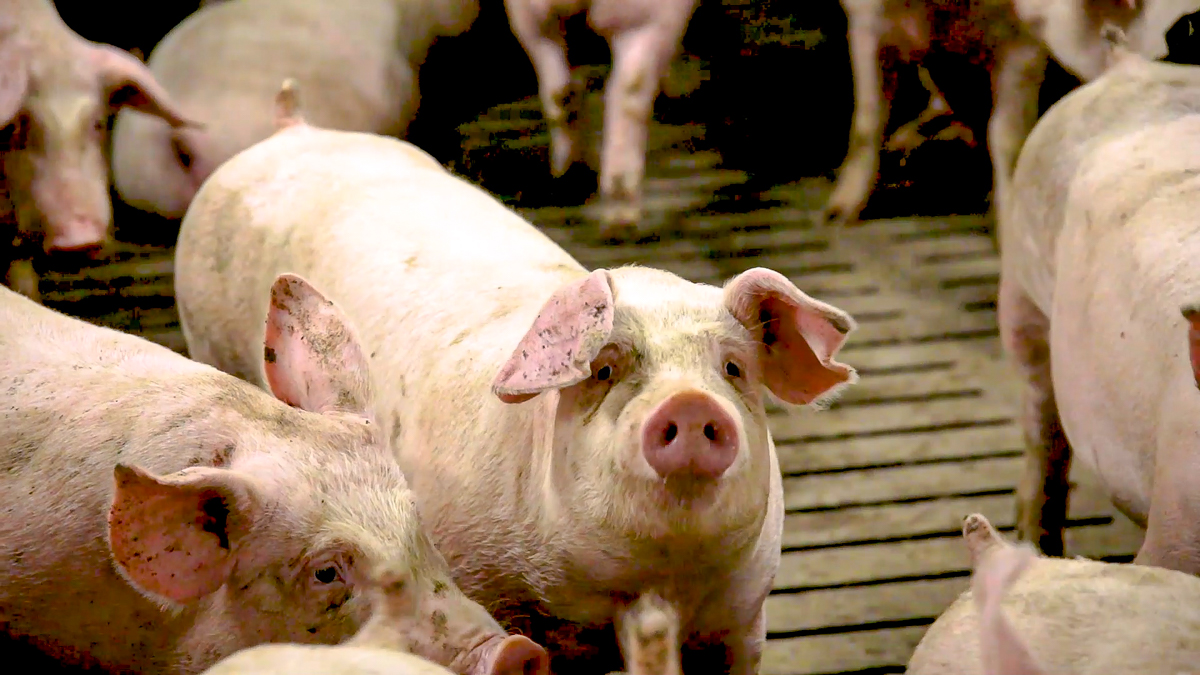Pig farms may only “marginally benefit” from Common Agricultural Policy (CAP) support but European Union member states should “target sustainability in the pig sector directly and indirectly”, according to a new report.
The European Commission today (Monday, March 20) published a new report by the European Pigmeat Reflection Group which warned that pig producers are facing “usual market risks linked to changes in demand and consumption”.
“Pig producers are used to cyclical market developments and hedging their risks by saving in good times and compensating losses in bad times,” the report said.
“This rational approach may not always succeed in stabilising producers’ income.”
The group outlined that the EU pigmeat sector has in recent years faced serious economic difficulties due to the combination of a number of factors including:
- Sanitary restrictions impacting out of home consumption in the context of Covid-19;
- Slowdown of exports to China;
- Further spread of African swine fever (ASF) to more EU member states;
- Increase in input costs;
- Delayed adjustment in supply.
But according to the European Pigmeat Reflection Group, EU pork exports have been on an upward trend over the last decade.
Pig farms
The EU is the world’s most important exporter of pig products, the group highlighted in its report, with Spain, Denmark, the Netherlands and Germany the four key exporters accounting for 75% of the total EU exports.
The group’s research found that there has been a trend towards more concentration of production both geographically and in size of production in relation to pig farms and that the “ageing” of pig farmers is a major challenge.
In its report the group made 26 recommendations with a particular focus on “sustainability”.
One key aspect for the sector, it highlighted, was the “necessity to embrace more sustainable agriculture, including manure management and emission reduction”.
It also detailed that the pig sector should develop “manure processing and more efficient use of organic fertilisers”.
The European Pigmeat Reflection Group stressed in the report that it was important to promote “cooperation between pig producers (producer organisations and cooperatives) and between them and the other steps of the supply chain”.
It also highlighted that there needed to be “better information campaigns on the role of family pig farms and benefits of short “supply chains”.
According to Janusz Wojciechowski, EU Commissioner for Agriculture, moving towards more “sustainable, environmentally and animal-friendly systems of pig production should be a priority for the sector”.
“On the import side, efforts are also needed to reduce the sector’s dependency on imported protein.
“I can announce that the EU Commission will come up with an EU protein strategy in a year’s time that will have a holistic view to the matter and propose avenues for the future,” the commissioner added.
